Kidney Stones in Children - Signs and Symptoms
Learn about the types, symptoms, causes and home remedies of kidney stones in children and teens.
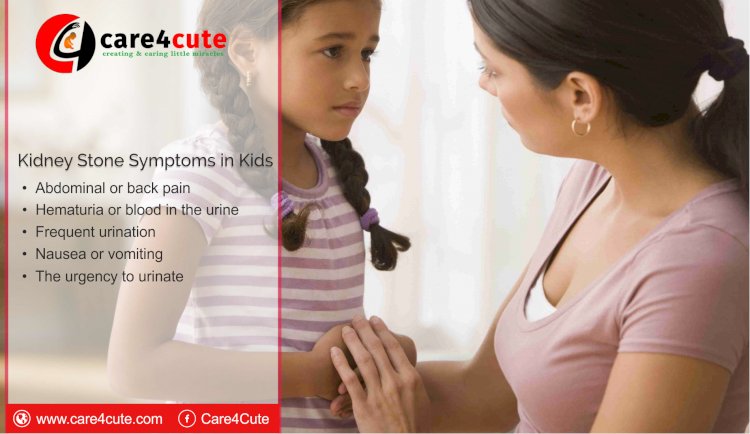
Urolithiasis or nephrolithiasis, which is commonly known as kidney stones occur rarely in children. Kidney stones cause excruciating pain in children and parents to tend to panic and become helpless.
What are Kidney Stones?
Collection of some materials, such as minerals and acid salts form small stone-like structures within the urinary tract. These stones block the free flow of urine causing pain. Although kidney stones are rare in children, the number of cases where children develop stones is growing. Generally, children recover without future complications. However, if kidney stones are not treated on time, it can lead to kidney problems.
How common are Kidney Stones in Kids?
The chances of kidney stones developing in adults are higher when compared to children. Typically, most of the children with kidney stones have an existing medical condition, which increases the chances of them developing kidney stones.
Types of Kidney Stones
There are four types of kidney stones, which are:
1. Calcium Stones
2. Cystine Stones
3. Uric Acid Stones
4. Struvite Stones
What Causes Kidney Stones in Child?
Following are some of the causes of developing kidney stones:
- Higher mineral content in the urine.
- Highly concentrated urine, wherein the water content is low, and the mineral content is high.
- Less water intake or dehydration.
- Some stones develop due to genetic disorders. Although these cases are rare, inborn metabolic issues lead to stone formation. The body makes stones due to certain genetic conditions.
- A family history of kidney stones.
- Defects in the urinary tract or persistent UTI.
- Obesity and reduced activity.
- A diet that has high sodium, protein, or both.
In some cases, the causes of developing kidney stones are unknown.
Kidney Stone Signs and Symptoms in Kids
Following are some of the common symptoms
- Abdominal or back pain
- Hematuria or blood in the urine
- Frequent urination
- Nausea or vomiting
- The urgency to urinate
- Recurrent UTI or urinary infections that exist for longer periods
- Fever
How is Kidney Stone diagnosed in a Child?
To ascertain the presence of kidney stones and treat children, physicians recommend a comprehensive diagnosis. Typically, a complete diagnosis includes:
- Understanding the child’s medical history
- Physically examining the child
- Performing lab and imaging tests
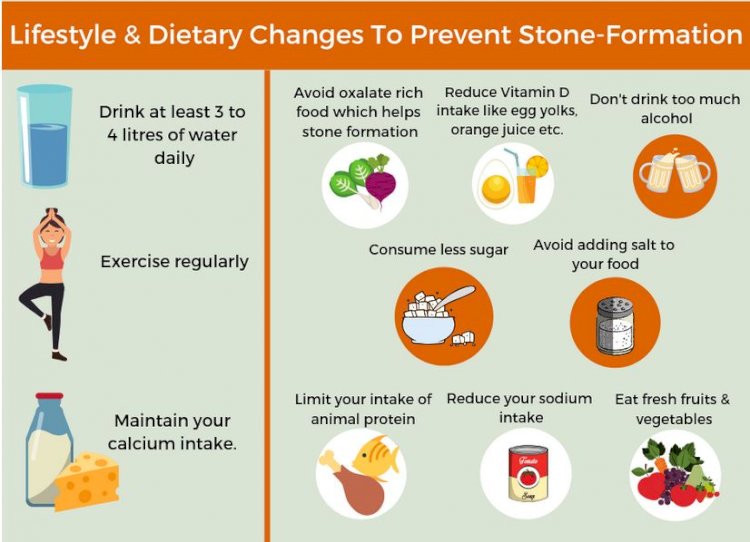
Home Remedies
Following are some home remedies:
- Increasing the fluid intake helps in increasing the urine formation and decreasing the quantities of mineral components that form stones.
- Basil is known to help in stabilizing uric acid levels. This can prevent kidney stone formation. It also has acetic acid, which helps in dissolving some stones.
- Pomegranate’s antioxidant properties might reduce the chances of developing stones.
How to Prevent Your Child from Developing Kidney Stones?
- Drinking water is the best solution.
- Additionally, continuous monitoring to determine the presence of new stones is helpful.
Kidneys are important organs and damage to it can be harmful. Although kidney stones are uncommon in kids, it is always better to take precautions, wherever required.








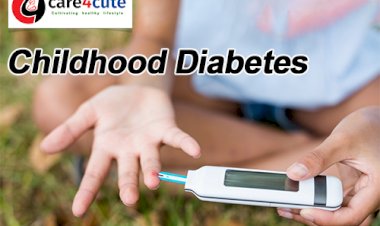

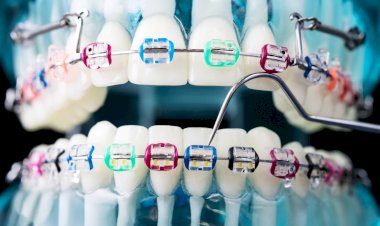















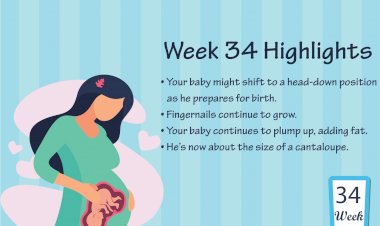



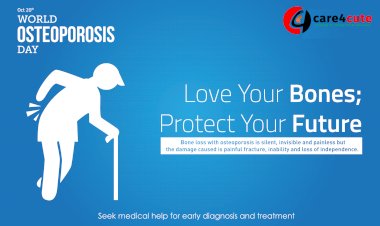

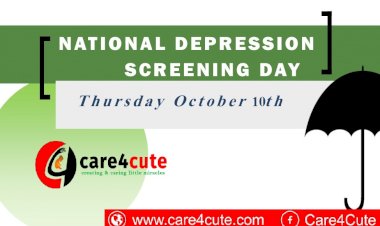
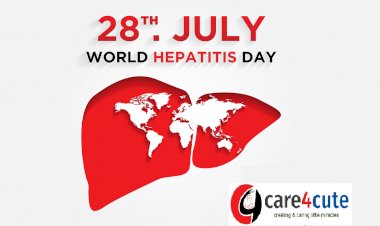

Comments (0)